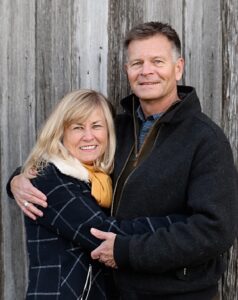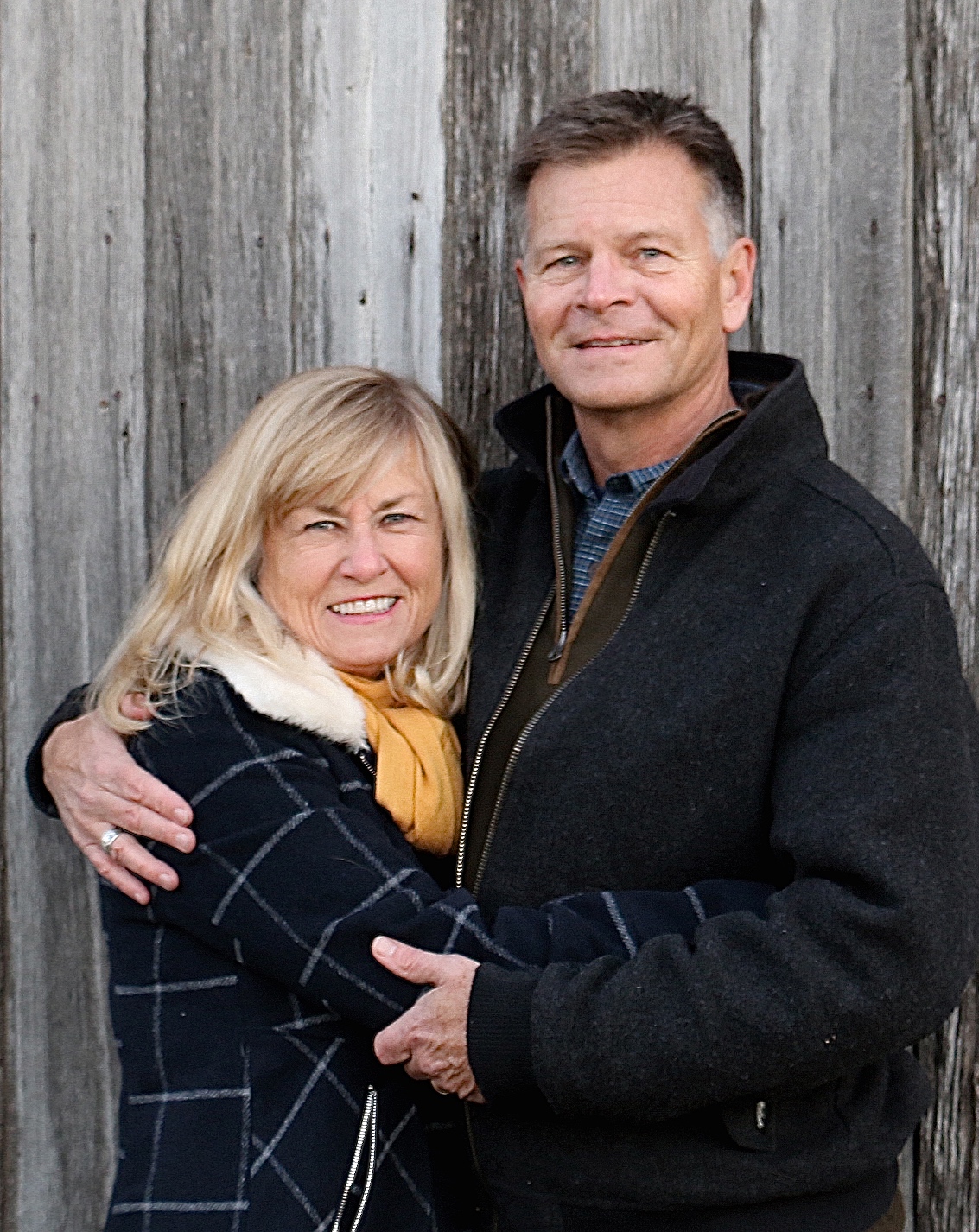Colorado Springs is the home of the United States Olympic Committee as well as a few U.S. Air Force and Army installations. That makes it an ideal location to host the Wounded Warrior Games as it has for the past few years. Every year this event has drawn increasing attention as disabled men and women from each of the branches of the U.S. military have demonstrated enormous courage and cohesiveness as they both compete and cheer each other on in Olympic style races.
This year was special; Prince Harry came to lend his support and cheered on the British Armed Forces team. Over 400 press credentials were granted as a phalanx of news anchors and camera crews—from many US network and cable companies, the BBC, Australian and even German TV— awaited Harry’s arrival at the opening event.
The pandemonium surrounding Harry was fun to watch, but it wasn’t the most inspiring event of those days. Living 5 minutes from the Air Force Academy where most of these events took place, I drove over to watch some of the track and field competitions and a few swimming events. Both times I left in tears.
I watched several classes of 100-yard running races for competitors with below-the-knee amputations, above-the-knee and above-the-waist injuries. It was amazing to watch these men and women ride in wheel chairs, or walk with canes, or get guided by teammates to the start line, and then race.
I wasn’t prepared for the camaraderie. I laughed along with dozens of other Yanks at the British soldier in the stands wearing a camouflage kilt who insisted that we cheer for the British racers, successfully getting us all to cheer, “UK! UK! UK!” though we had no idea who the UK racer was. Didn’t matter at all. We cheered rabidly.
I choked back tears as four blind men, one a Marine, one from the Navy, and two others from Special Forces, overcame their horrific wounds to race 100 yards in the darkness of their new reality. The winner ran alone, and as he ran past the finish line, was guided by a buddy in the infield who yelled, “Stop! Stop!” so he wouldn’t run straight into the fence he couldn’t see at the end of the track.
The two powerfully-built Special forces soldiers ran alongside each other, carefully sharing a two-foot long piece of rope that helped them guide each other to the end. The Navy sailor, apparently completely blinded, walked the 100 yards, with a buddy at his side, guiding him for 99 yards. As he reached the last yard and finish line, the “racer” threw his arms in the air just like anyone who overcame severe challenges would do.
I swelled with admiration when the winner of the “open” 100-yard race, a black Army soldier, slowed down as he crossed the line inadvertently cutting off the second place finisher, a white Marine. Realizing his competitor was about to crash to the ground, the Army guy spun on his heels, embraced him, and back-pedaled while guiding the Marine to a safe stop.
Army-Marine. Black guy-white guy. Competition opponents. So often these distinctions only result in battle lines. Not this time. “Who does this?” I thought. “Who reaches out to help his competitor?” I was far more impressed by the soldier’s reflexive concern for his Marine opponent than by his speed, which was impressive in its own right.
As I left the stadium following that race, I happened to walk right past the Army winner as he put on his sweats on the other side of a fence. I reached over the fence and just had to shake his hand and say, “Hey, man. That was a very classy act at the end of the race. Nice going.” He just smiled and simply said, “It was nothing, man.” Nothing? Maybe to you, I thought, but not to our hyper-competitive, self-aggrandizing culture. It was nothing? No, it was pure class.
_______________________
Taken from Craig Glass’s blog post “Prince Harry Was the Attraction, But Not the Star.” Used with permission.

Craig Glass
Peregrine Ministries
www.peregrineministries.org



